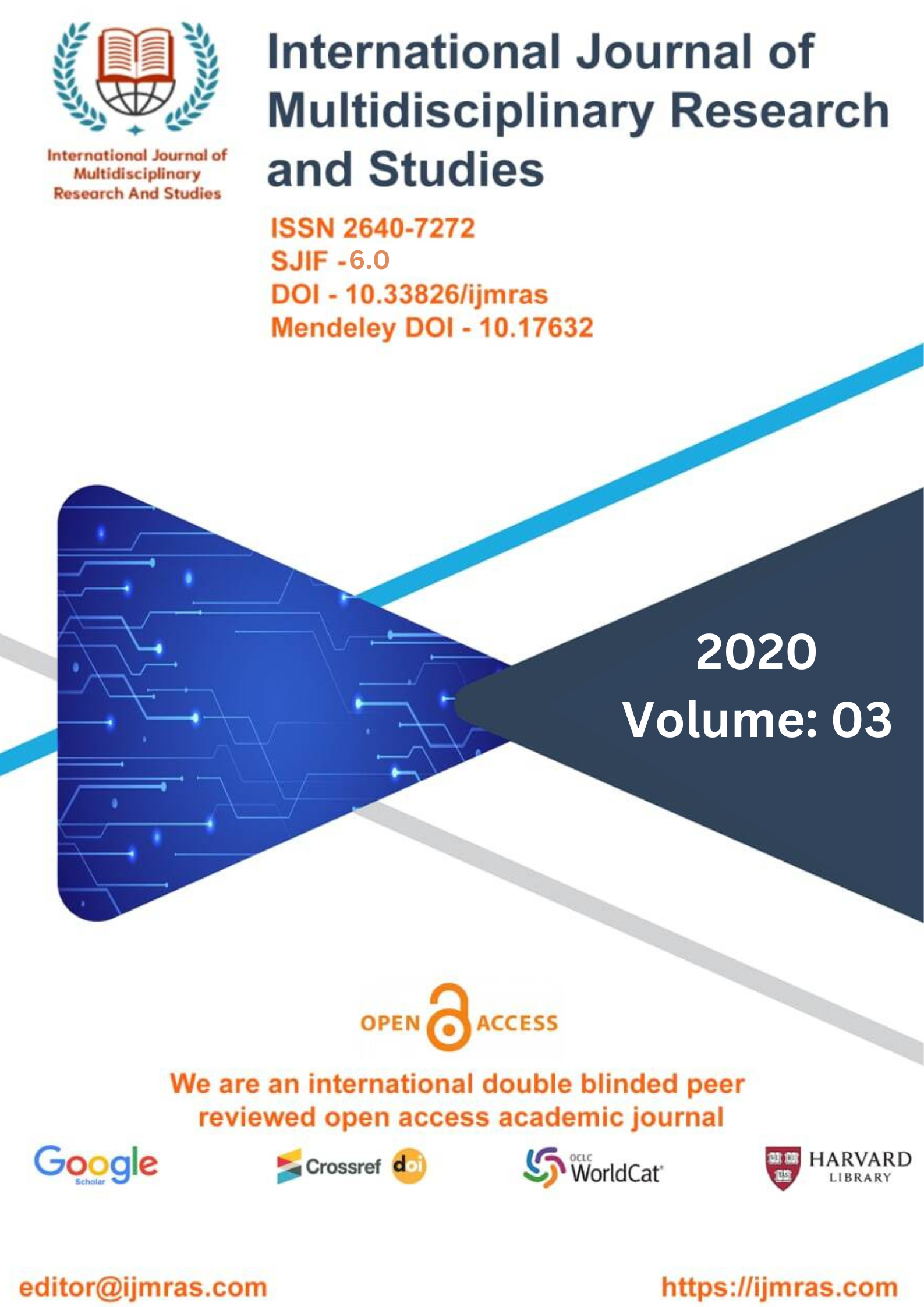PARENTAL SEPARATION AND ITS EFFECTS ON STDUENT EDUCATION ACHIEVEMENT

Abstract
There is a correlation between the dissolution of the relationship between a child's parents and a slowed rate of intellectual development as well as worse academic accomplishment. It should not come as a surprise that the divorce or separation of a child's parents can have a detrimental impact on the child's motivation, engagement, and behaviour in the classroom that is related to learning. It should not come as a surprise that parental separation has been reported to have this effect because parental separation can result in a multitude of negative effects, including perceived guilt, blame, stressors, and diminished resources for the children. It has been reported to have this effect because parental separation has this effect. Although a number of studies have been carried out to investigate whether or not there is a correlation between the age at which a child's parents divorce and their level of academic success, the results of these studies have been equivocal.
Keywords
Parental Separation, Student Education, AchievementHow to Cite
References
Aldrich, BA, Ma. Eloisa, SB & Darwin, PM. 2009. Teaching approach, perceived parental involvement and autonomy as predictors of achievement. The international journal of research and review, vol.1, September 2009.
Amatea, ES. 2013. Building culturally responsive family-school relationships. Second edition. Boston: Pearson, Education INC.
Anfara, VA & Mertens, SA. 2008. What Research says? Varieties of parent involvement in schooling. Middle school journal. Vol.39. No 3:58-69.
Baksh, IJ, Hache & Singh, A. 2000. Exemplary Models of Parental and community involvement: in Collins, 1995. Studies in Newfoundland education and society. Vol 2. St. John’s, Newfoundland: Canada A1B 3xB.
Barnyak, NC & McNelly, TA. 2009. Un Urban School District’s Parent involvement: A Study of Teacher’s and Administrators’ Beliefs and Practices. The school community journal. Vol. 19, No 1.
Bender, CJG & Emslie, A. 2010. An analysis of family-school collaboration in preventing adolescent violence in urban secondary schools .Perspectives in Education Vol.28 .No 3.
Berger, EH. 1991. Parent involvement yesterday and Today. The Elementary School Journal Special Issue: Educational Partnerships: Home-School Community Vol. 91, No.3: .209-219. URL://www.jstor.org/stable/1001707 [Accessed: 22/06/2013 12:27].
Biggs, J. 2001. The reflective institution: Assuring and enhancing the quality of teaching and learning. Netherlands: Lower Academic Publishers.
Botha, JN. 2013. The effective management of a school: towards quality outcomes. First edition. Pretoria: Van Schaik.
Botha, JR. 2011. Creative leadership for tomorrow’s schools: In search of new metaphors. Unpublished inaugural address. Unisa: Pretoria.
Brennen, BS. 2013. Qualitative Research Methods for Media Studies. London: Routledge.
Bronfenbrenner, U. 1986. Ecology of the family as a Context for Human Development: Research Perspectives. Developmental Psychology, Vol.22, No.6: 723-742.
Bronfenbrenner, U.1997. The ecology of cognitive development: research models and fugitive findings. In: Altbach, P.G., Contemporary Higher Education, International Issues for the Twenty-First Century. A Garland series.
Bronfenbrenner, U.1979. The ecology of human development: experiments by nature and design. Cambridge, MA: Harvard University Press.
Casey, D & Murphy, K. 2009. Issues in using methodological triangulation in research.
License
Copyright (c) 2020 PAWAN KUMAR

This work is licensed under a Creative Commons Attribution 4.0 International License.
Individual articles are published Open Access under the Creative Commons Licence: CC-BY 4.0.




